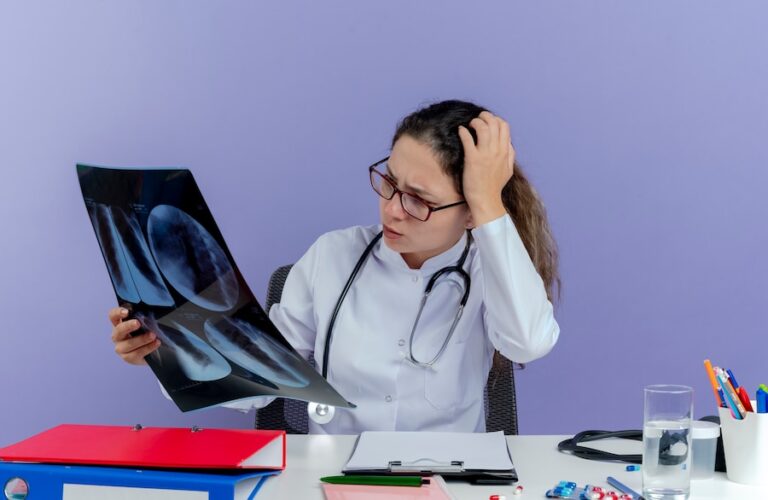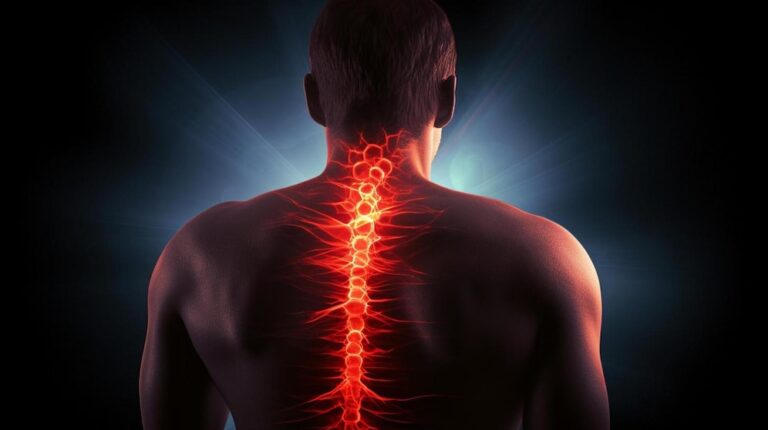How to Choose a Back Pain Doctor in Shahdara.
Finding the right back pain doctor in Shahdara is crucial for effective treatment and recovery. With numerous healthcare professionals and clinics available, it can be challenging to decide which one best meets your needs. This article will guide you through the essential factors to consider when selecting a back pain doctor in Shahdara and provide…










